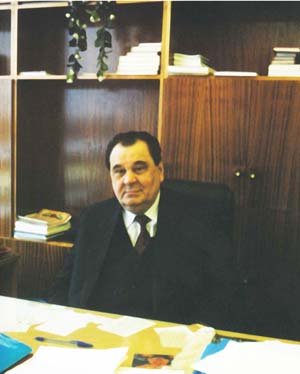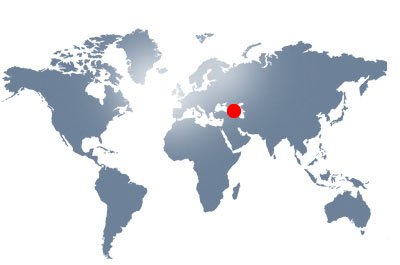 |
IVERI PRANGISHVILI Iveri Prangishvili was an outstanding authority in the field of control systems, informatics and computer science. He was Doctor of Engineering (since 1968), Professor (since 1969), Academician of the Georgian Academy of Sciences (since 1979), Director of V.A. Trapeznikov Institute of Control Sciences of the Russian Academy of Sciences (since 1985), Designer General of the USSR in the field of automated systems of controlling the technological processes of nuclear power stations (since 1987), Vice-President of the Georgian Academy of Sciences (since 1985), President of the Georgian Engineering Academy (since 1992), Vice-President of the International Engineering Academy (since 1992), Honored Scientist of the RSFSR (1981), an academician of a number of International, Russian and other academies. Iveri Prangishvili was born in the village of Didi Jikhaishi, Georgia. In 1952 he graduated from the Georgian Polytechnic Institute. Since 1955 his activity was associated with the Institute of Automatics and Telemechanics of the Academy of Sciences of the USSR (now – the Institute of Control Sciences, the Russian Academy of Sciences); since 1970 he was the deputy director of the Institute in the field of science. The main direction in I. Prangishvili’s scientific activity was the development of the theory and concepts of system approach and general system laws which functioning of complex systems of various origin are governed by; the development of new (background) principles of detection and identification of mobile objects of various origin; the elaboration of theoretical basics and principles of construction of distributed control systems for large-scale plants and establishments and the development of microprocessor control systems with parallel and adjustable structures. The results of I. Prangishvili’s investigations were successfully introduced in various industries for the development of complex automated facilities for controlling large systems. Iveri Prangishvili was the author of more than 400 works, including 20 monographs, a discovery and 40 inventions. More than 30 theses were defended under his guidance. |
Information and Computer Technologies, Modelling, Control
The International Scientific Conference
